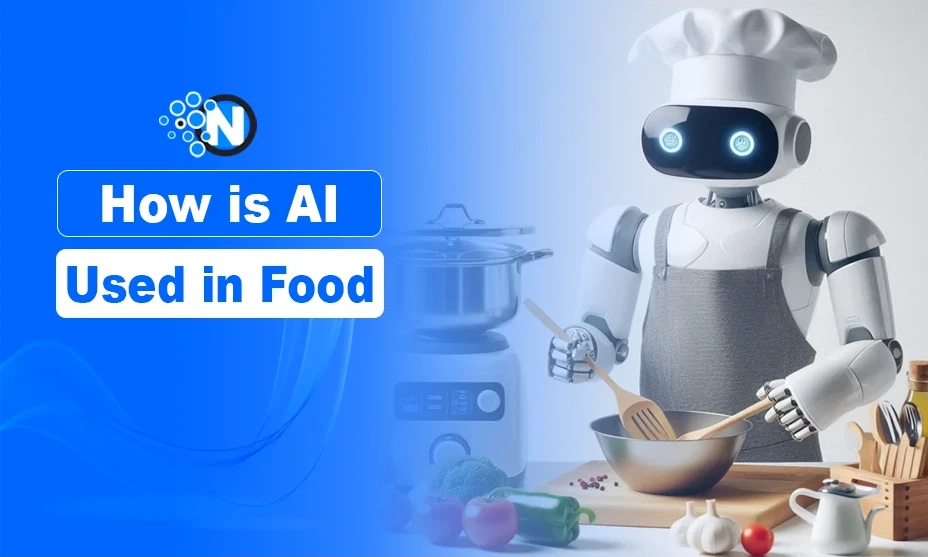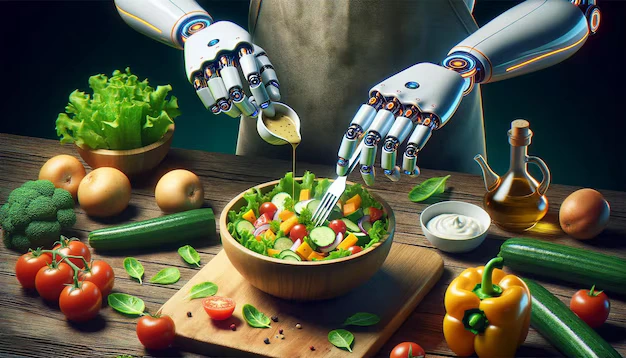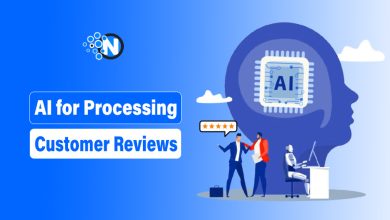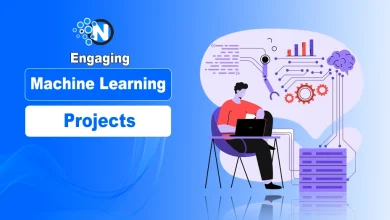7 Ways of How is AI Used in Food Industry

Artificial intelligence is modern technology that has been shaping every industry and food is no expectation. The global AI market is booming and is expected to reach $190.61 billion by 2025.
It has introduced new solutions for the food industry to increase productivity. No matter its crop yields, supply chains, or customers’ personalized experience, AI has made everything a modern, smart, and sustainable food system.
In this guide, I will discuss some ways artificial intelligence is currently making waves in the food industry and the impact of these advancements.
Uses of AI in the Food Industry
Let’s explore the uses of AI in the food industry:
1. Precision Agriculture
AI in the food industry is a key technology in the way we grow and harvest crops. It can help farmers use fewer resources while producing more. However, AI algorithms can analyze data from different sources, such as satellite images, weather forecasts, and soil samples, to provide advice on planting, irrigation, and fertilization. In this way, farmers can make a smart decision when to plant water or even fertilize their crops. They can achieve high yields and less wastage.
2. Food Safety
Millions of people in the world face foodborne diseases and illnesses. But nowadays modern technology of AI early identify the contaminants in foods and products. Compared to manual system, it provides more accuracy and efficiency.
It also makes it easier to determine where the contamination happened in the supply chain so that proper action is taken to counter the problem.
3. Supply Chain Optimization
The food chain system is quite elaborate and depends of several factors. AI simplifies this by using data from various areas like weather, shipping path, and customer taste. The information assists organizations in planning more effectively and minimizing waste by forecasting the demand appropriately.
4. Personalized Nutrition
As the customer has become more conscious about health, the option for a custom diet has emerged as a significant component of the food business. Automated systems can take in a person’s health information and their preferred diet to give them recommendations on what they should eat.
This technology also allows food producers to make products according to certain characteristics of consumers or their limitations.

5. Quality Control
Quality control is critical in the food sector, and while it is simple to grasp, it is difficult to implement manually. It is conceivable to create an AI system that can spot faults in fruits and vegetables, such as bruising or molding, more correctly and quickly than a human inspection can. They ensure the quality of this product while also reducing the possibility of contamination.
6. Sustainability
Sustainability is an increasing problem in the food sector, as consumers demand more ecologically responsible methods. AI can help optimize crop rotation and irrigation schedules, reducing water usage and pesticide use. It can also assist measure energy use and carbon emissions throughout the supply chain in order to find areas for improvement.
7. Personalized Marketing
The food industry is highly competitive meaning that every business needs to market its products in a special way. The use of AI in systems can enable the system to study consumer trends and then apply them to marketing. This technology enables a business to come up with specific marketing strategies that will suit the particular customer to enhance the chances of conversion.
How is AI Used in Fast Food?
Here are some examples of how AI is used in fast food:
Automated Ordering Systems
Most of the fast-food business chains have adopted the use of self-serve kiosks that are powered by artificial intelligence to help the customers to place their orders. Such systems can easily manage orders and enhance the speed of executing them hence improving the satisfaction of the clients.
Inventory Management
In the same way, fast food restaurants can be able to monitor the levels of stock and automatically order for the foods when they reach a certain low level of stock. It eliminates the wastage of scarce resources and at the same time makes certain products easily accessible to customers.
Predictive Analytics
Historical data can then be analyzed with fast food chain partners and with the help of machine learning algorithms, required demand for specific product can be forecasted and thus production can be optimized. This also minimizes wastage of food and guarantees customers are served fresh foods at all times.
Delivery Optimization
Fast food restaurants are now incorporating Artificial Intelligence into their systems due of the rise in meal delivery services. Using data such as traffic flow and delivery path, AI can determine the best way to deliver orders to clients while minimizing their waiting time.
How Can AI Be Used in Cooking?
Here are some ways that AI can be used in the kitchen:
Recipe Creation and Customization
AI algorithms can analyze thousands of recipes and ingredients to create unique and innovative recipes. These algorithms can also take into account dietary restrictions and preferences to customize recipes for individuals.
Ingredient Substitution and Recipe Scaling
With the help of AI, cooks can easily substitute ingredients in a recipe based on availability or dietary needs. Additionally, AI can calculate precise measurements for scaling a recipe up or down depending on the number of servings needed.
Cooking Assistance
Smart kitchen appliances equipped with AI technology can assist cooks by monitoring cooking times and temperatures, providing step-by-step instructions, and even adjusting recipes based on the user’s taste preferences.
The Future of AI in the Food Industry
AI is expected to grow more in the future as the technology is still developing in the food industry. It is suggested by some experts that fully automated restaurants with Artificial Intelligence technology could be in the offing. Also, it could also be employed in designing meals for people depending on their nutritional requirements and health records.
All in all, AI has the future in changing the way we prepare and consume foods and even in managing food resources. Through these, we can solve more effective, individualized and sustainable food systems that would lead to a healthier future. Therefore, it is important for us to keep investigating and applying AI in the kitchen to discover more possibilities to achieve.




